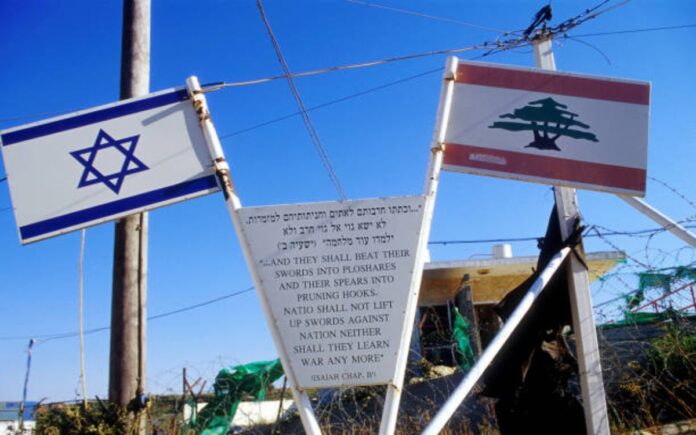Beirut: Israeli strikes on southern and eastern Lebanon killed at least five people on Friday, including two children, according to security sources and UNICEF. This incident marks a significant escalation in the ongoing conflict between Israel and Hezbollah, which has been intensifying over the past seven months alongside the Gaza war.
For seven months, Israel and the Lebanese armed group Hezbollah have been exchanging fire across Lebanon’s southern border. Other Lebanese factions, as well as Palestinian groups, have also participated by firing rockets at Israel from Lebanese territory.
On Friday, a series of Israeli strikes targeted a coastal town further north than the usual conflict zone. These strikes resulted in the deaths of a Hezbollah member and two Syrian civilians, according to security sources. Additionally, UNICEF Lebanon reported that two children were killed in an Israeli strike on Friday.
A separate Israeli strike on Majdal Anjar, located on Lebanon’s eastern border with Syria, killed Sharhabil al-Sayed, a high-ranking member of the Palestinian armed group Hamas, responsible for operations in Lebanon’s eastern Bekaa Valley. Two security sources confirmed the death of al-Sayed and another Palestinian Hamas member.
Also Read | Foreign Refugees in Southern Brazil Face New Hardships After Severe Flooding
The Israeli military stated that its forces targeted a Hezbollah launcher and military infrastructure in southern Lebanon and acknowledged the death of al-Sayed. The military reported that sirens warning of incoming rockets and hostile aircraft sounded in several communities throughout Friday. At one point, they identified 75 launches crossing from Lebanon into Israel, with dozens intercepted and no immediate reports of casualties or damage.
The recent days have seen an increase in the exchange of fire between armed groups in Lebanon and the Israeli military. Hezbollah has deployed new types of rockets against Israel and executed a drone attack, marking the furthest penetration into Israeli territory since October.
During a situational assessment and tour of the northern region, Defense Minister Yoav Gallant emphasized Israel’s preference for a diplomatic resolution but also stressed the need to prepare for potential further escalation. “We must be prepared and take into consideration that anything can happen,” Gallant stated. “We want to exhaust every opportunity to do so by agreement because we know that there are costs to war that we would rather avoid, but you must take into account that this (escalation) might happen.”



